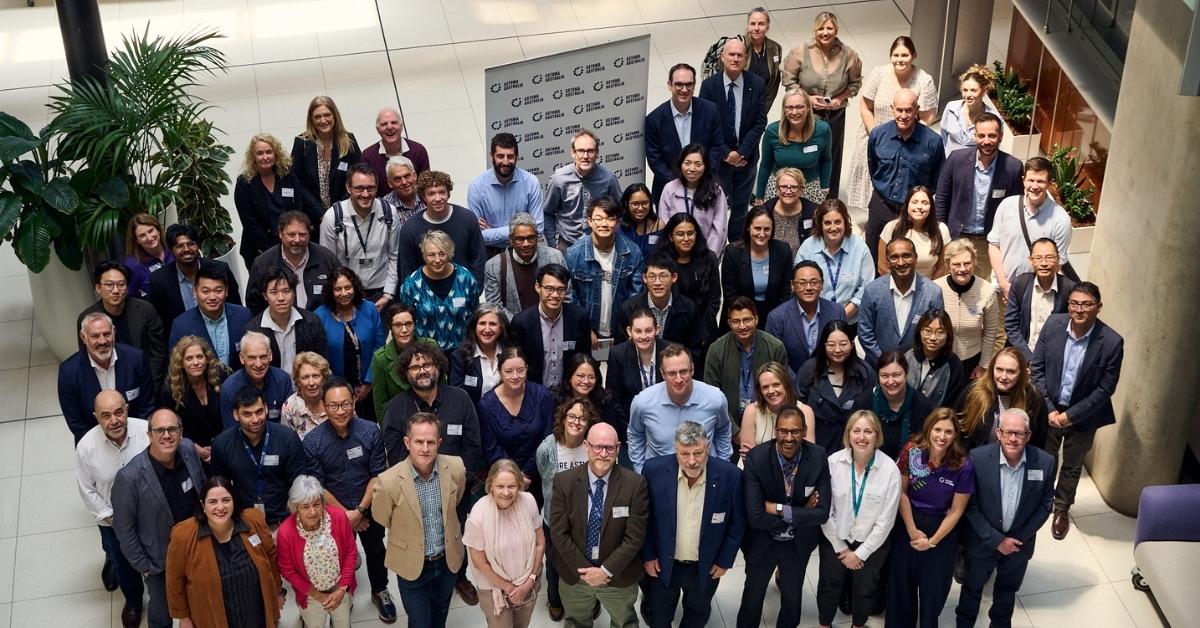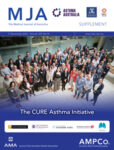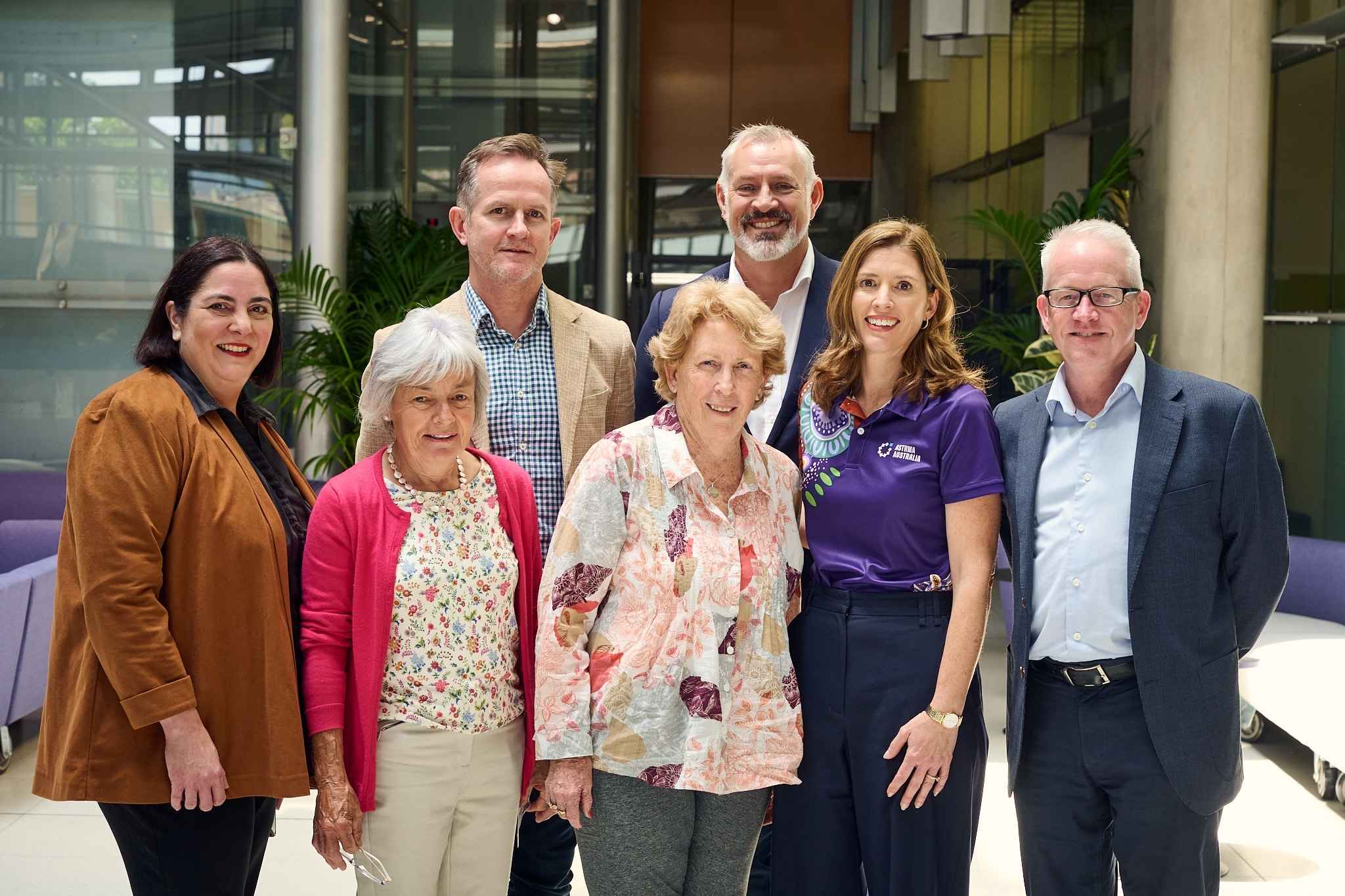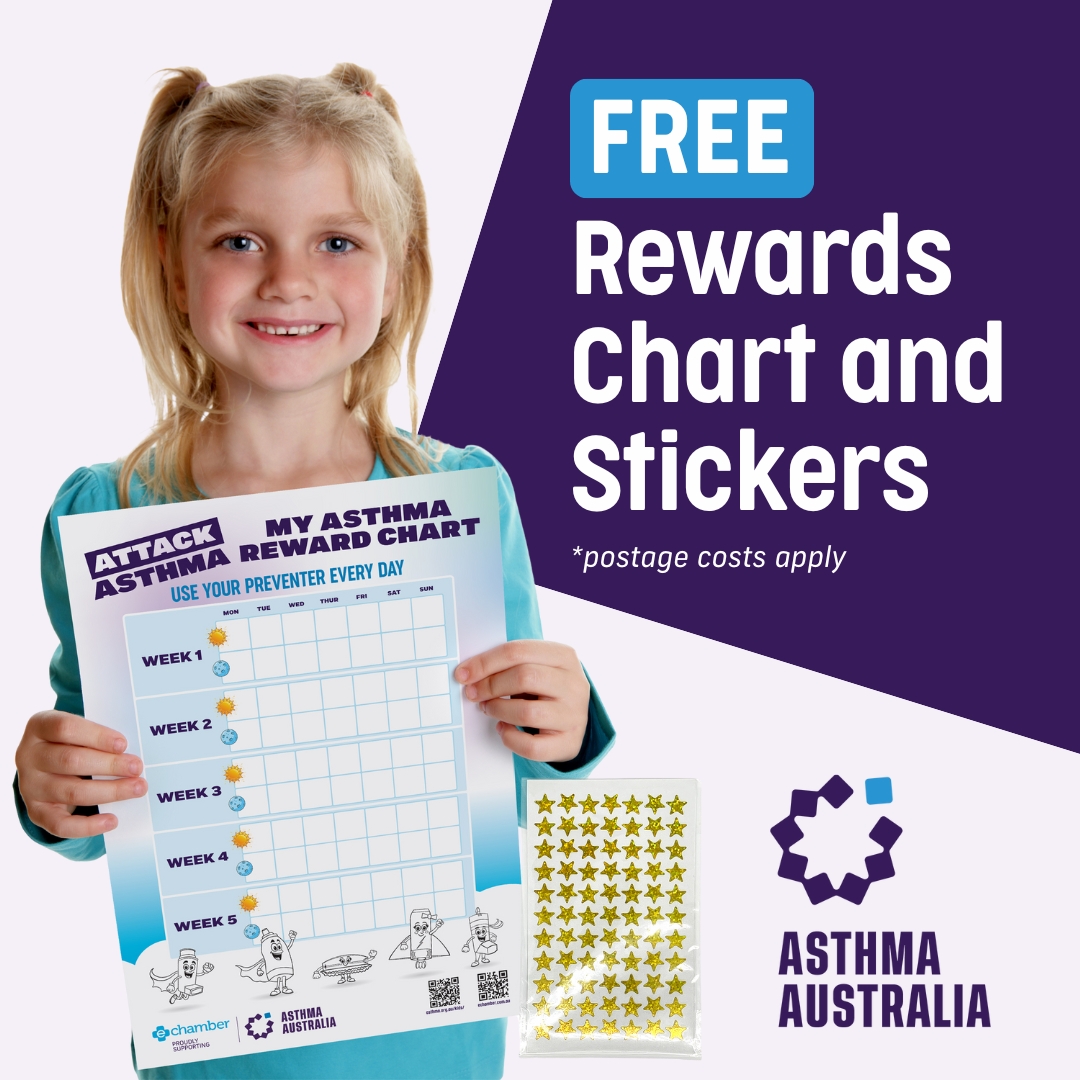A national effort to find a cure for asthma
Asthma continues to place a heavy burden on Australians, yet there has never been a national effort to find a cure. For years, the focus has been on managing symptoms rather than solving the problem, which has limited investment and innovation.
Experience from other diseases shows that setting a clear national goal inspires research, funding and partnerships that make big breakthroughs possible. With advanced technology, strong research capability and a skilled workforce, Australia is ready to lead this effort. We believe it is now time to formally name this ambition and initiate an Australia-wide collaboration to CURE Asthma.
Governments, researchers and the health sector should come together through a national collaboration, CURE Asthma to drive discovery, attract investment and work towards a future free from asthma.
CURE Asthma Research Symposium, April 2024
The burden of asthma is profound
In Australia, it costs society $28b, and is responsible for 40,000 hospital admissions and over 400 deaths per year, all of which is among the highest in the world. It disproportionately affects children, older women, people facing socioeconomic disadvantage, and First Nations people.
One decisive way to reduce the burden is to cure people of their disease. Major advances in our scientific understanding of asthma epidemiology, its driving molecular mechanisms and precedents from other comparable chronic inflammatory diseases for the first time make this goal a realistic ambition.
Our progress in treating prevalent (current) asthma means that we have stopped looking for ways to cure people of the disease. This situation cannot continue.
Medical Journal of Australia publishes the CURE Asthma initiative supplement
The supplement, published in the Medical Journal of Australia marks a significant milestone in our CURE Asthma initiative. Read the CURE Asthma initiative supplement below.
CURE Asthma initiative supplement
The Case
For decades Australia has led the world in bringing asthma evidence into practice and guidelines for international significance. Asthma Australia and friends recently completed a research priority setting exercise, which has been published as the National Asthma Research Agenda (NARA). This agenda was called for in the National Asthma Strategy, 2018, to establish a nationally coordinated set of research priorities for asthma in Australia.
NARA, developed directly from deep consultation with asthma patients and their carers, is our mandate for action. Specific questions within the agenda under priority themes point us towards scientific pursuit of cure. Asthma in Children (why some children outgrow asthma and how can we harness this, what are modifiable interventions in early childhood that can prevent ongoing symptoms later) and Causes, Prevention and Features (what causes asthma and how can we prevent it?) are these specific, high priority, end-user derived questions. But most importantly, it was through the dissemination and promotion of NARA to key stakeholder where the CURE goal was raised. This resulted in an extensive period of consultation and validation. And whilst Asthma Australia remains committed to supporting people living with asthma now, we are also committed to driving the CURE agenda forward.
We propose a collaborative, scientific and systemic effort to cure asthma. CURE Asthma means treating a patient who has a validated asthma diagnosis in a way which reverses the mechanisms that cause disease symptoms; permanently, and efficiently producing a lasting disease-free state.
Current Insights
In the past 20 years, while focus on finding an asthma cure has faded, we have seen remarkable progress on cure and inducible permanent remission for other diseases, including those in the respiratory and immunological domains.
We know from extensive molecular profiling that asthma, like other chronic inflammatory diseases, is a heterogenous condition of the airways that can emerge and be diagnosed at any stage of the life course. Although this may have contributed to the perception that CURE may be elusive in asthma, we believe that our ability to define and describe distinct patterns of onset will provide us the platform to describe and pursue distinct curative treatment targets.
Potential For Profound Impact
Asthma has been a National Health Priority for decades, yet profound progress to arrest its prevalence and insidious burden has been limited at best. The potential for impact of CURE asthma is immense. An asthma cure in the first decades of life has the potential to:
- Significantly reduce the prevalence of asthma in Australia and around the world
- Improve the likelihood for effective social development
- Improve the fulfilment developmental milestones in early life
- Improve the likelihood of academic and vocational success among people diagnosed with asthma
- Reduce the risk of preventable hospital presentations
- Reduce likelihood of comorbidities
- Improve quality of life
- Reduce health system impost
- Reduce impost on the community.
The Team
In partnership with Professor Gary Anderson from the University of Melbourne, we have assembled a stellar cast of world leading clinicians and researchers as the CURE Asthma steering committee (below). Together, we have begun planning a targeted and long term approach, which has included expanding our scientific horizons to form collaborations with leaders whose technologies and methods are ready to deploy to achieve our ambitious goal.
CURE Asthma Steering Committee
- Profs Shyamali Dharmage and Gary Anderson, University of Melbourne
- Prof Peter Sly, University of Queensland
- Prof John Blakey, Curtin University
- Profs Peter Gibson and Vanessa McDonald, University of Newcastle
- Prof Paul Foster
- Prof Alan James, University of Western Australia
- Prof Christine Jenkins, The George Institute for Global Health
- Profs Adam Jaffe and Guy Marks, University of New South Wales
- Judy Wettenhall and Sundram Sivamalai from Asthma Australia’s Consumer Advisory Council
- Anthony Flynn, Head of Health Knowledge and Translation, Asthma Australia.
Research Symposiums
The CURE Asthma Research Symposia were held in April 2024 and November 2025. Asthma Australia is honoured to have brought together Australia’s leading researchers, clinicians, partners, consumers and a diverse group of stakeholders to progress the strategy and science to cure asthma.

We’re grateful for the support from the following organisations:
 |
 |
The CURE Asthma 2025 Research Symposium led by Asthma Australia was made possible with funding via unrestricted grants from Chiesi, GSK and Sanofi.





 1800 278 462
1800 278 462





